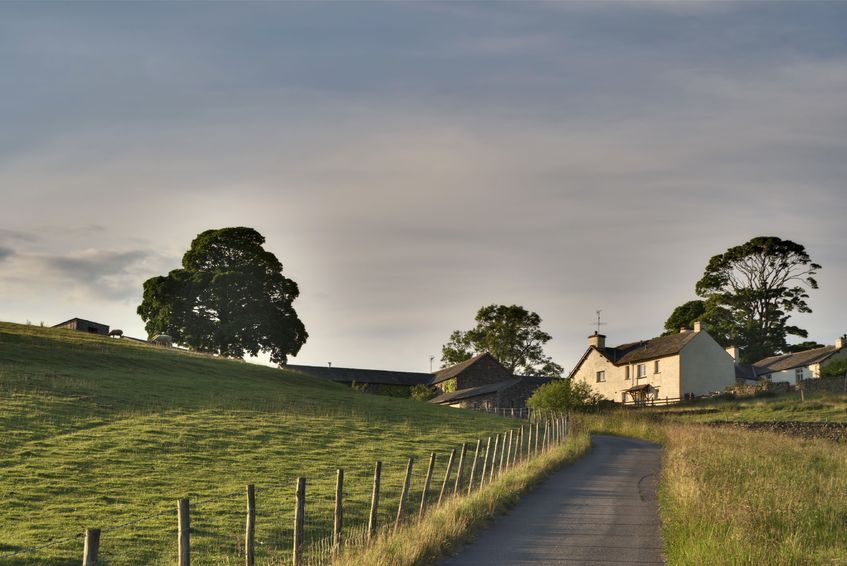
The number of farmers planning to cut back or cease altogether has risen to 28% from 20% last year, according to NFU Mutual, putting succession planning back in the spotlight.
An increasing proportion of farmers believe they’ll cut back or cease farming altogether, the insurer's research says, coinciding with evidence the average age of farmers continues to climb.
More than half of the farmers surveyed (57%) were over 65, while just 5.4% were under 45, reflecting the demographic of UK farmers.
As a result, succession planning is becoming increasingly important. Nearly half of farmers now have a plan in place and a further 18% recognise its importance. Only 35% of farmers think it is not relevant to them.
The rural insurer’s annual Voice of the Farmer study spoke extensively to a representative sample of 1,654 farmers across the UK.
Sean McCann, chartered financial planner at NFU Mutual, said the research suggested more farmers were now thinking of reducing their involvement and passing responsibility to the younger generation.
“Planning how and when to hand down the farm can be daunting, especially when there is uncertainty around input prices and the future of agricultural policy," he said.
“Handing down the farm doesn’t necessarily mean giving all the assets away on day one. It can be helpful to think about the management and ownership of the farm as separate issues, giving the younger generation more of the day-to-day management but retaining ownership of the assets until a later date.
“Only by talking about these issues and thinking ahead as much as possible can you start securing the financial future of your farm and your family.”
Mr McCann said pensions provided an independent source of income for the older generation, giving them the freedom to take less from the farm.
“This can be particularly important when two, and sometimes three, generations are relying on the farm for their livelihood," he explained.
“Because of the range of options when it comes to taking money from pensions, it’s important to take advice to ensure you don’t pay more tax than you need to.”
A third of the farmers polled said they had diversified and were running commercial activities on their land. Income from diversified activities increased by nearly 10% in 2022, bouncing back from a reduction during the Covid pandemic.
Mr McCann added that diversified businesses could add complexities to succession plans, especially when it came to inheritance tax planning.
“It’s important to speak to an adviser about Agricultural and Business Property Relief in order to make sure that you make the most of the tax breaks available when handing assets down to the next generation.”
The degree to which farmers have planned their handovers varies according to farm size.
NFU Mutual’s 2022 survey showed that 58% of farmers with less than 21 hectares didn’t have a plan or didn’t see this as relevant to them.
What can I do?
One of the reasons farmers may put off planning is the difficulty of talking about the future of the farm, NFU Mutual explains.
The insurer says a good way to ensure a smooth transition is by agreeing a plan and taking advantage of the advice available, putting that plan into action and reviewing it regularly.
Questions to discuss include:
1. What is the longer-term direction of your farming business?
2. What role would each family member like to play now and in the future?
3. What development, skills or experience do the younger generation need to acquire?
4. How are the assets to be owned in the short, medium and long-term?
5. What provision will be made for those who are not involved in the business?
6. What level of income does each member of the family want or need from the business?
7. Where will each member of the family live?
